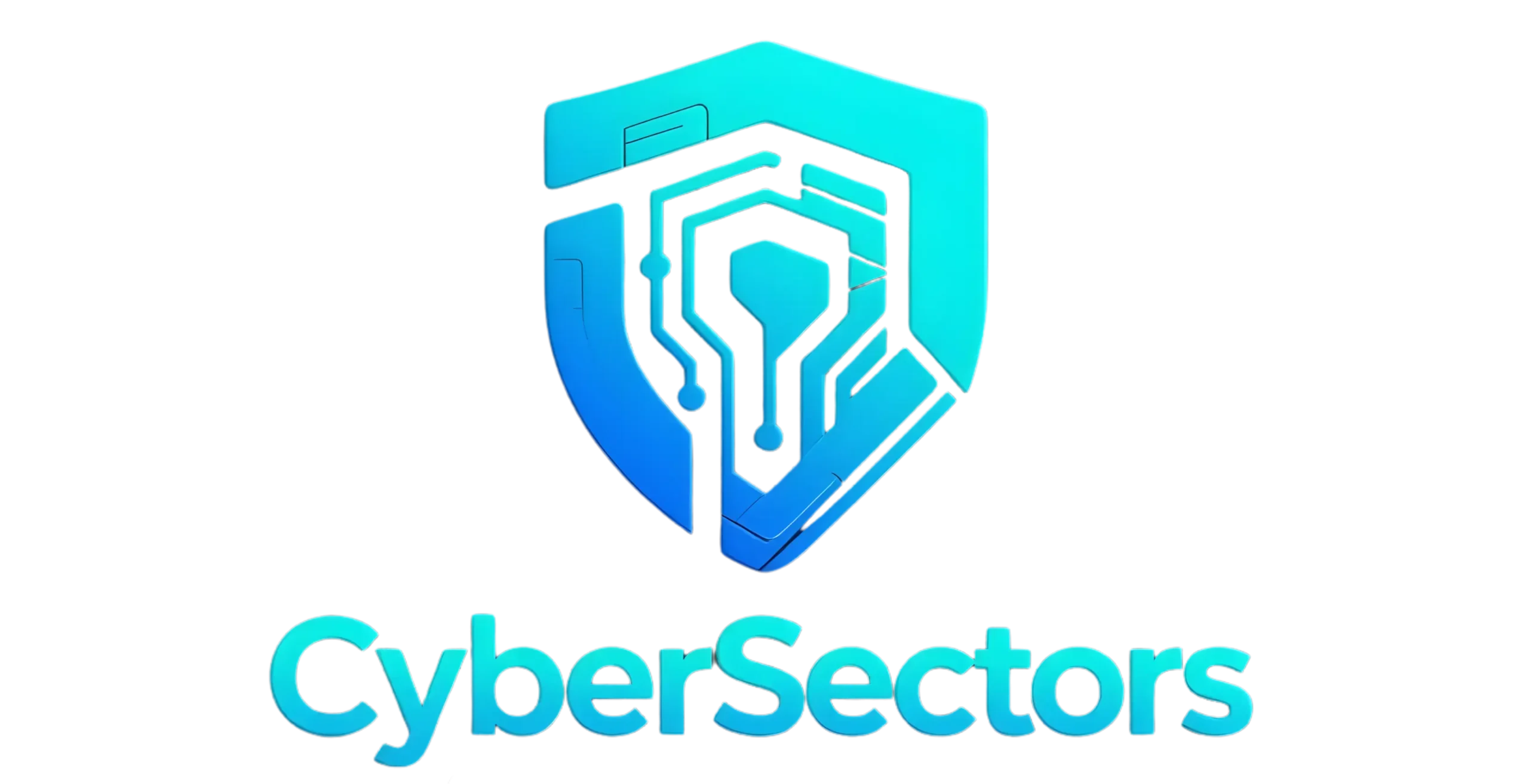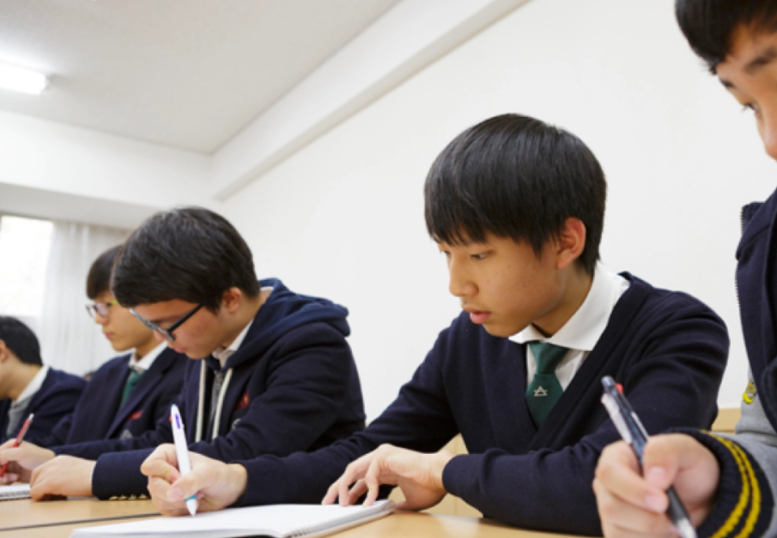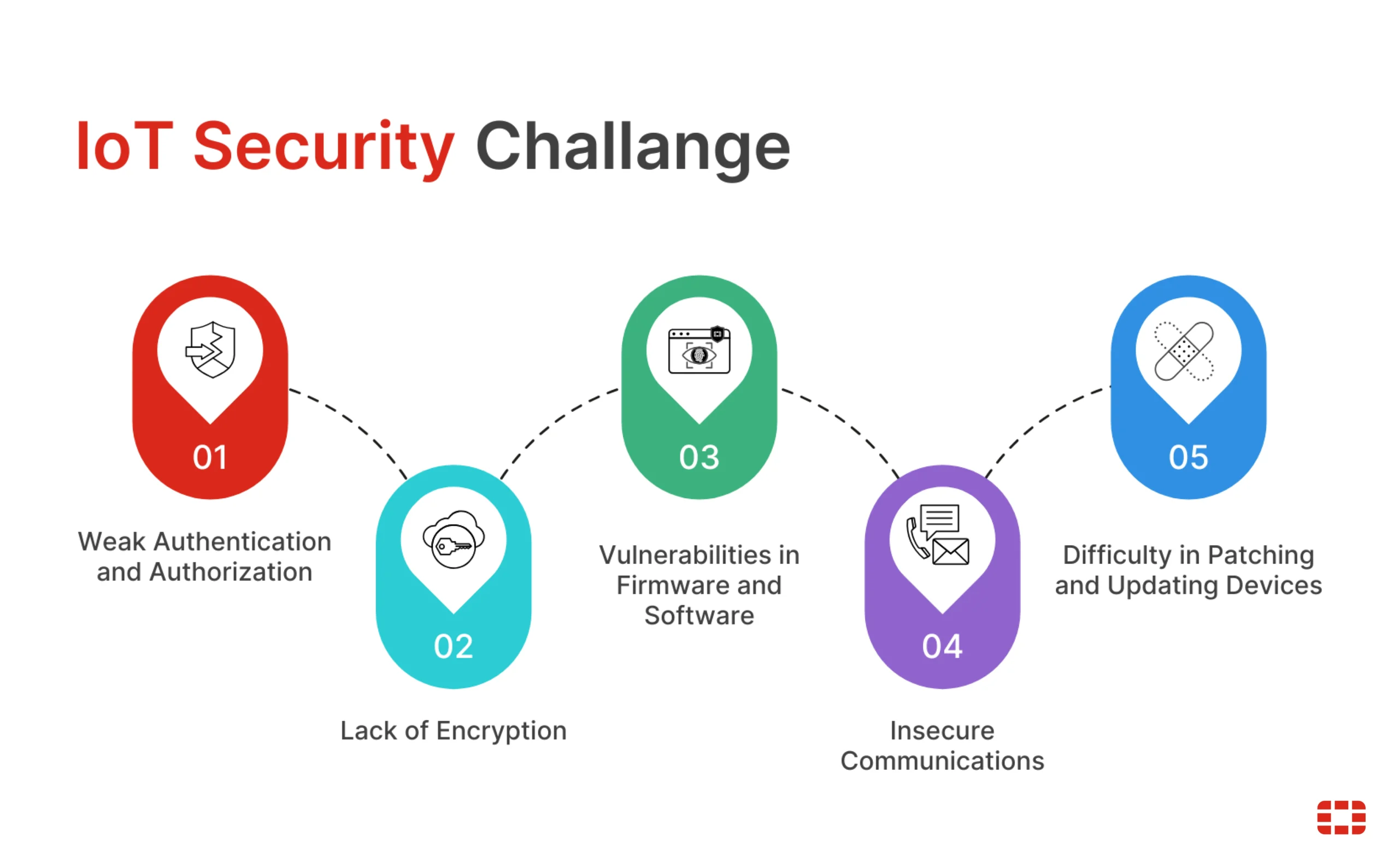In South Korea, high school students face a highly competitive environment as they prepare for college admissions. The education system is known for its rigorous academic standards and the immense pressure placed on students to excel. To help students succeed, Korean high schools implement a variety of strategies. These include after-school tutoring sessions, weekend classes, and intensive study programs during school breaks. Schools also offer support for standardized test preparation, ensuring that students are well-equipped to achieve high scores on exams like the Suneung, the Korean college entrance exam.
Beyond academics, Korean high schools focus on developing well-rounded students. Extracurricular activities, such as sports, music, and volunteer work, are encouraged to help students build a diverse portfolio for college applications. Additionally, personal development programs and career counseling are provided to guide students in making informed decisions about their future paths.
This comprehensive approach not only aims to enhance academic performance but also to foster personal growth and resilience, preparing students to thrive in the demanding environment of higher education.
Rigorous Academic Curriculum
Korean high schools emphasize a deep understanding of core subjects such as mathematics, science, and languages. Students often spend long hours mastering these subjects, which forms the bedrock of their academic prowess.
To further challenge students, many high schools offer Advanced Placement (AP) courses. These college-level classes allow students to earn college credit while still in high school, giving them a head start in their higher education journey.
The curriculum is heavily exam-oriented, with frequent tests and assessments designed to prepare students for the ultimate challenge: the college entrance exams. This focus ensures that students are well-versed in the art of taking exams, a crucial skill for college admissions.
Extracurricular Activities
Participation in clubs and societies is highly encouraged. Whether it’s science clubs, debate teams, or music societies, these activities help students develop well-rounded personalities and showcase their diverse talents to college admissions committees.
Volunteer work is another significant aspect of Korean education. Students are often involved in community service projects, which not only contribute to their personal growth but also enhance their college applications by demonstrating a commitment to societal betterment.
Engagement in sports and arts programs is also vital. These activities provide a healthy balance to the intense academic schedule and help in developing teamwork, leadership skills, and creative thinking.
Private Tutoring and Hagwons
Hagwons, or private tutoring centers, play a crucial role in the Korean education system. These institutions offer additional classes and tutoring in various subjects, providing students with extra help to excel in their studies.
Hagwons typically operate during evenings and weekends, allowing students to supplement their regular school education. This additional support is often seen as essential for success in the competitive academic environment.
The impact of hagwons on academic performance is significant. Students who attend these centers typically achieve higher grades and perform better on entrance exams, giving them a competitive edge in college admissions.
College Entrance Exams
The CSAT, or Suneung, is the cornerstone of college admissions in Korea. This standardized test assesses students’ knowledge and aptitude in various subjects and is typically the most critical factor in the admissions process.
Preparation for the CSAT begins years in advance. Students follow rigorous study schedules, attend special prep classes, and take numerous practice exams to ensure they are ready for this critical test.
Exam day is a highly anticipated event, with the entire nation paying attention. Schools and businesses typically adjust their schedules to accommodate the exam, underscoring its importance in Korean society.
School Support Systems
Guidance counselors play an essential role in helping students navigate the college admissions process. They provide advice on course selection, career options, and application strategies, ensuring students are well-prepared for their future.
Many schools organize college admission seminars, where experts share valuable insights and tips on successfully applying to universities. These seminars are invaluable resources for both students and parents.
Peer study groups are a common feature in Korean high schools. Students form groups to study together, share knowledge, and motivate each other, fostering a collaborative learning environment.
Study Tips from Korean Students
- Effective time management is crucial for balancing the demanding academic schedule. Korean students often use planners and schedules to organize their study time efficiently.
- Taking comprehensive notes is a key study strategy. Students are taught to highlight important information, summarize concepts, and review their notes regularly to reinforce their learning.
- Regularly taking practice exams helps students familiarize themselves with the exam format and timing, reducing anxiety and improving performance on test day.
Cultural Emphasis on Education
In Korea, education is highly valued, and societal expectations for academic success are immense. This cultural emphasis drives students to strive for excellence and achieve their academic goals.
Families invest heavily in their children’s education, typically enrolling them in multiple extracurricular activities and private tutoring to ensure their success.
Peer pressure can be both motivating and challenging. While it pushes students to excel, it can also add to the stress and pressure they face daily.
Future Trends in Korean Education
The Korean government is continually implementing education reforms to address the challenges and improve the system. These reforms aim to reduce stress, promote creativity, and ensure equal opportunities for all students.
Korea is focused on maintaining its global competitiveness by fostering a highly educated workforce capable of contributing to the global economy.
The integration of technology in education is expected to grow, with more emphasis on digital learning tools and resources to enhance the educational experience.
Conclusion
Korean high schools employ a multifaceted approach to prepare students for college admissions. Through rigorous academics, extracurricular activities, private tutoring, and a strong support system, they ensure students are well-equipped to succeed. While the system has its challenges, the commitment to education and continuous reforms promise a bright future for Korean students.




